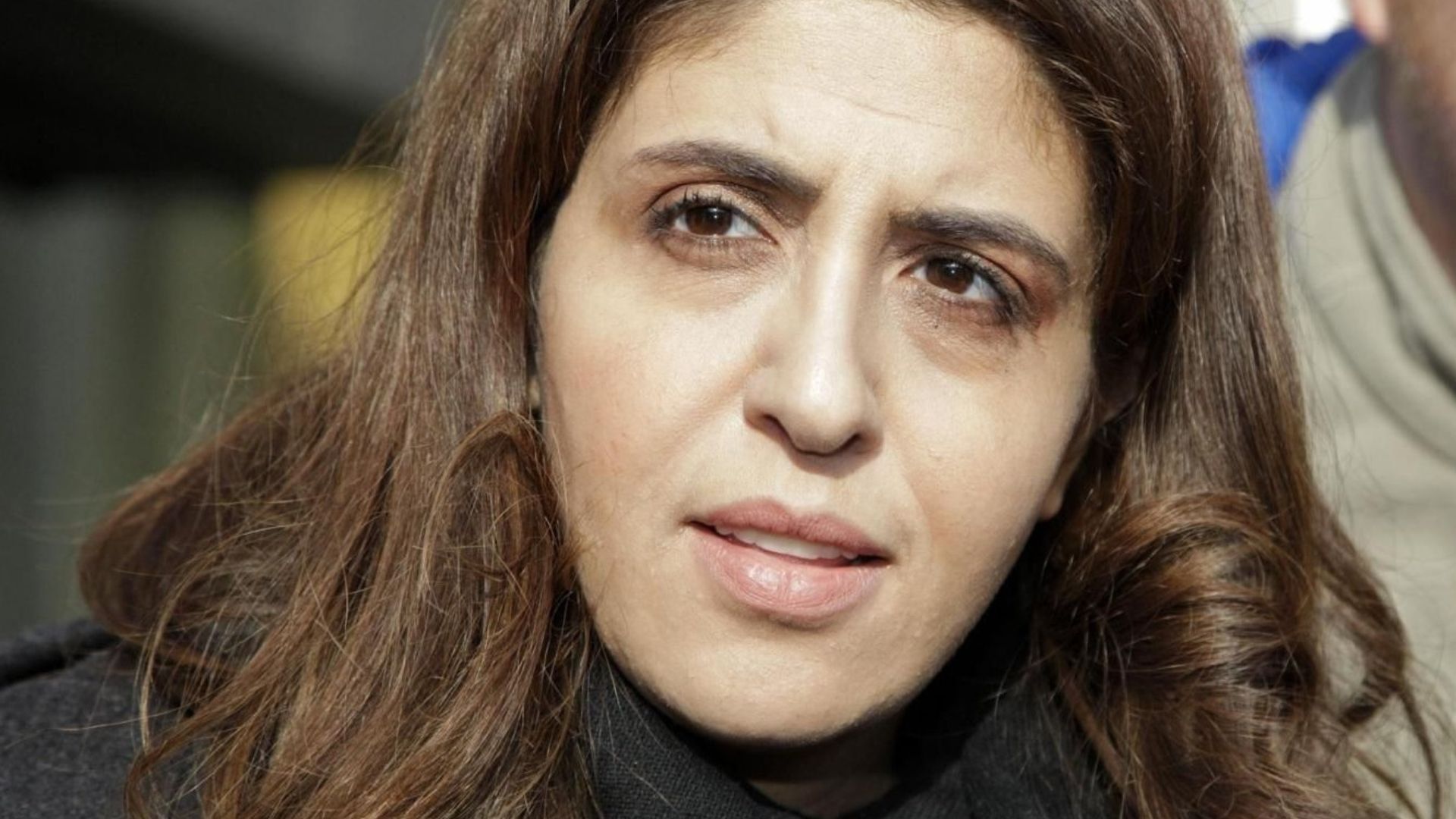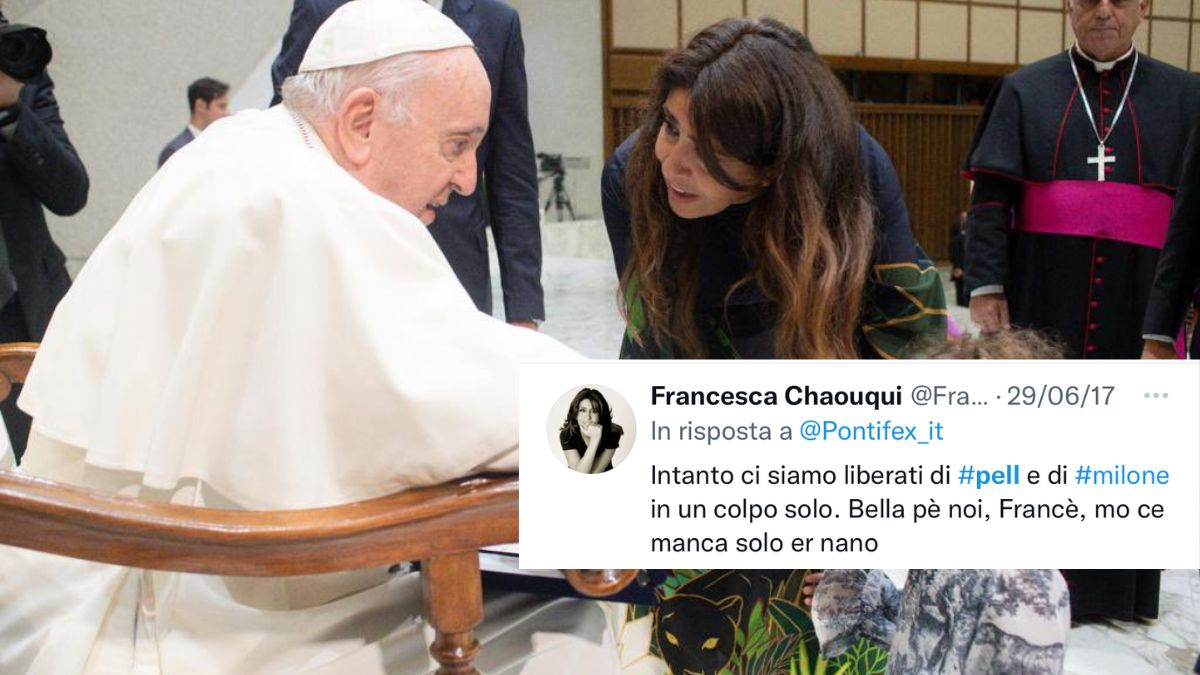Vatican City – In just a few days, the appeal hearing will begin in what has become the most controversial trial in recent Vatican history: the case of the Sloane Avenue property in London.
A proceeding that has shaken the Roman Curia, toppled a cardinal, and exposed the deep weaknesses of a judicial system unlike any other in the world. In the Vatican, prosecutors and judges may exercise authority without holding any proper qualifications; laws have been custom-tailored to target specific individuals; shadows loom over murky ties between the prosecution, the Vatican police, and a convicted woman with a troubling past; and the man who originally sparked the London scandal was never prosecuted, having instead offered up his superior with unproven accusations. To make matters worse, the very same Prosecutor has represented the prosecution at every stage of the trial.
This is possible only because Pope Francis chose to alter the criminal code, entrusting the process to Alessandro Diddi— a Roman lawyer with no academic training or expertise in either canon law or Vatican law. He was appointed after Giampiero Milano resigned, having insisted that the Pope admit into Vatican justice the lawyer best known for defending the actors of Mafia Capitale. The choice marked a turning point, but one that today reveals its contradictions.

The profile of Francesca Immacolata Chaouqui
To fully understand the Sloane Avenue case, one must revisit the story of Francesca Immacolata Chaouqui, among the most controversial figures of the Bergoglian pontificate. She first entered the Vatican through her ties to Cardinal Jean-Louis Tauran, but in 2013 Pope Francis gave her an official role on the COSEA commission tasked with reforming the Holy See’s financial and administrative structures. It was, as time showed, a grave mistake. Already then, Cardinal Angelo Becciu and others warned the Pope: “Who are we letting into our house? She’s not the right person. Just look at what she posts on social media.” Their fears proved correct.
Chaouqui would become a key figure in the Vatileaks 2 scandal, the unauthorized publication of confidential Vatican documents. Her trial led to a 2016 conviction for conspiring in the unlawful disclosure of documents. Declared “persona non grata”, she was repeatedly denied clemency. Yet she never stopped hovering around the Vatican orbit, crafting for herself a persona fueled by narcissism, fabrications, and an incessant hunger for visibility. As recently as this year, the Holy See Press Office was forced to deny her claims of meeting Pope Leo XIV — a fabrication.
Why mention her in the context of the Sloane Avenue trial? Because it was Chaouqui herself who threatened Cardinal Becciu, vowing she would “make him pay,” blaming him for persuading the Pope to deny her clemency and for ordering her arrest during the Vatileaks trial.

New revelations
For years, Silere non possum has denounced both Chaouqui’s central role and Diddi’s utter lack of competence in handling a case far beyond him. A lawyer trained in mafia trials cannot grasp the complexity of the Vatican system. However dysfunctional the Holy See may be, only someone who knows its inner clerical workings can read its reality.
What we long denounced now finds confirmation in the private chats we publish today, in full and exclusively. They show Chaouqui’s exchanges with Genevieve Ciferri — revealing not only psychological fragility but also a systematic attempt to manipulate prelates and bend them to her will. For years we have warned about opportunistic “young hangers-on” swarming around the clerical world. Women like Chaouqui, driven by thirst for power, are equally present. And Chaouqui always sought something in return: money, positions, visibility.
The chats also reveal violent attacks against independent journalists, targeted with insults, false lawsuits, and threats. Chaouqui’s obsession with Silere non possum is clear: the “crime” of exposing her schemes. Together, she and Ciferri spread grotesque lies about the private lives of journalists whose only fault was to do their work. Chaouqui even impersonated a magistrate to manipulate Ciferri — consistent with her long-standing reputation as a fraudster. Ciferri, for her part, appeared desperate to shield “her monsignor” (Alberto Perlasca), terrified he might face consequences for his actions.
Surreal conversations
Today, Silere non possum publishes these chats, shedding new light on Chaouqui’s influence inside and outside the Vatican walls.
The conversations expose a disturbing pattern: Chaouqui and Ciferri colluded to influence the Sloane Avenue trial. Even more troubling, the chats show that Ciferri was in direct contact with Alessandro Diddi himself, who did not stop these exchanges but instead allowed the flow of information to continue. Meanwhile, Chaouqui cultivated ties with Stefano De Santis, commissioner of the Vatican Gendarmerie, further strengthening a network of shady alliances. When these chats came to light in court, Diddi chose not to recuse himself or step aside. Instead, he placed the chats under seal, denying the defense access. In any other rule-of-law state, this would have triggered a disciplinary or criminal investigation against the prosecutor. In the Vatican, it was treated as business as usual.
A trial without credibility
As the appeal approaches, pressing questions arise:
How can a Prosecutor of Justice maintain impartiality while in contact with individuals entangled in the affair?
How is it possible that, despite her conviction and “persona non grata” status, Chaouqui continued to wield influence and maintain ties with Commissioner De Santis — even managing to attend a papal audience that left Francis outraged?
What credibility remains in a trial where the same man has led the prosecution at every level?
Justice should be impartial and transparent. Instead, in the Vatican, it has become a power game, exposing confidential documents, files, and protocols that should have remained sealed to safeguard the credibility of the Holy See.
Today, as evidence emerges showing how the entire process was tainted from the outset, urgent reforms are needed. The Pope must reclaim direct competence over cases involving cardinals, removing them from the Vatican tribunal. A cardinal commission of inquiry must be established into the Sloane Avenue affair and the influence-peddling networksurrounding Chaouqui. Those who turned the Gendarmerie into a paramilitary squad, who built dossiers on prelates, or who acted as prosecutors without competence in Vatican law must be removed.
Since Diddi has blocked defense lawyers from accessing the chats, we have chosen to publish a portion ourselves — a small fragment of a much larger and disturbing archive. Now everyone can see what Chaouqui and Ciferri were exchanging while the Vatican was on the front pages for false accusations against a cardinal.
The Sloane Avenue case, already complex, now faces a crossroads: continue down a path toward delegitimization of Vatican justice, or stop and restore the minimum transparency every state governed by law must guarantee.
d.G.A. e M.G.
Silere non possum